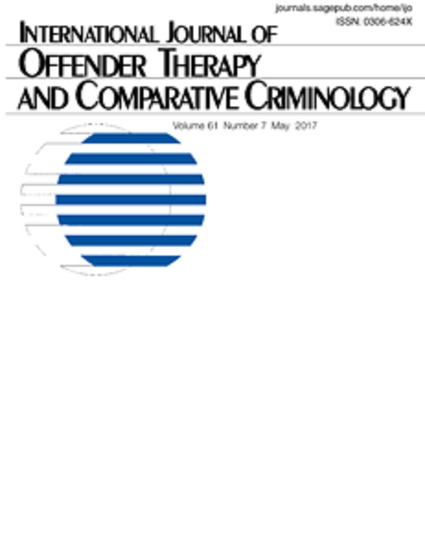
General theory attributes criminal behavior primarily to low self-control, whereas evolutionary neuroandrogenic (ENA) theory envisions criminality as being a crude form of status-striving promoted by high brain exposure to androgens. General theory predicts that self-control will be negatively correlated with risk-taking, while ENA theory implies that these two variables should actually be positively correlated. According to ENA theory, traits such as pain tolerance and muscularity will be positively associated with risk-taking and criminality while general theory makes no predictions concerning these relationships. Data from Malaysia and the United States are used to test 10 hypotheses derived from one or both of these theories. As predicted by both theories, risk-taking was positively correlated with criminality in both countries. However, contrary to general theory and consistent with ENA theory, the correlation between self-control and risk-taking was positive in both countries. General theory’s prediction of an inverse correlation between low self-control and criminality was largely supported by the U.S. data but only weakly supported by the Malaysian data. ENA theory’s predictions of positive correlations between pain tolerance, muscularity, and offending were largely confirmed. For the 10 hypotheses tested, ENA theory surpassed general theory in predictive scope and accuracy.
Available at: http://works.bepress.com/anthony_walsh/127/
